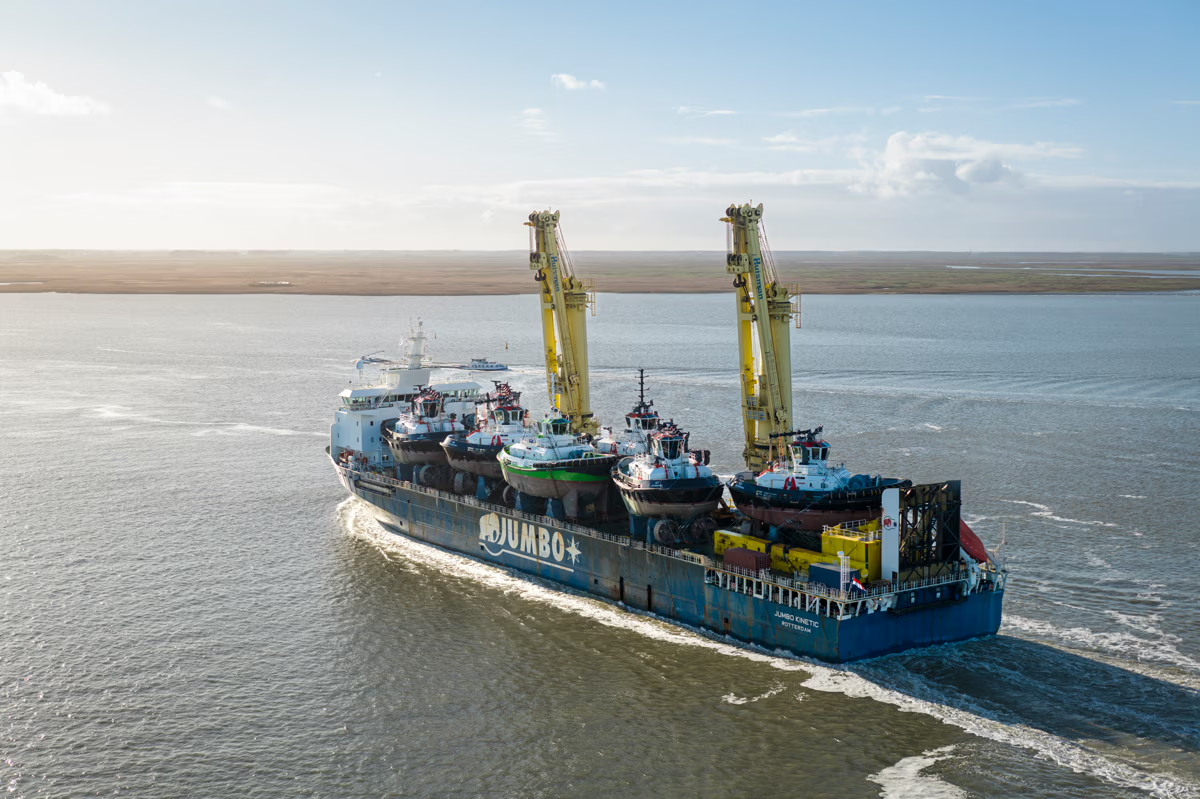IMO in 2011 adopted mandatory measures to address energy-efficiency measures for ships, which entered into force on 1 January 2013 under Chapter 4 of MARPOL Annex VI. These Regulations on energy efficiency for ships, make mandatory the Energy Efficiency Design Index (EEDI), for new ships, and the Ship Energy Efficiency Management Plan (SEEMP) for all ships.
The MEPC continued its work on further developing guidelines to support the uniform implementation of the regulations on energy-efficiency for ships. During the session, the MEPC adopted the 2014 Guidelines on survey and certification of the Energy Efficiency Design Index (EEDI), updating the previous version to include, for example, identification of the primary fuel for the calculation of the attained EEDI for ships fitted with dual-fuel engines using LNG and liquid fuel oil.
The MEPC also adopted amendments to the 2013 Interim Guidelines for determining minimum propulsion power to maintain the manoeuvrability of ships in adverse conditions, to make the guidelines applicable to phase 1 (starting 1 January 2015) of the EEDI requirements.
A correspondence group was established to review the status of technological developments relevant to implementing phase 2 of the EEDI regulatory framework. Regulation 21.6 of MARPOL Annex VI requires, at the beginning of phase 1, the Organization to “review the status of technological developments and, if proven necessary, amend the time periods, the EEDI reference line parameters for relevant ship types and reduction rates set out in this regulation”.
| The Marine Environment Protection Committee (MEPC) of the International Maritime Organization (IMO) met for its 67th session from 13 to 17 October 2014, at IMO Headquarters in London. |
Source: IMO
In the starting, I was explicit with you propecia before and after has changed my subsistence. It has become much more fun, and now I have to run. Just as it is incredible to sit.



























































